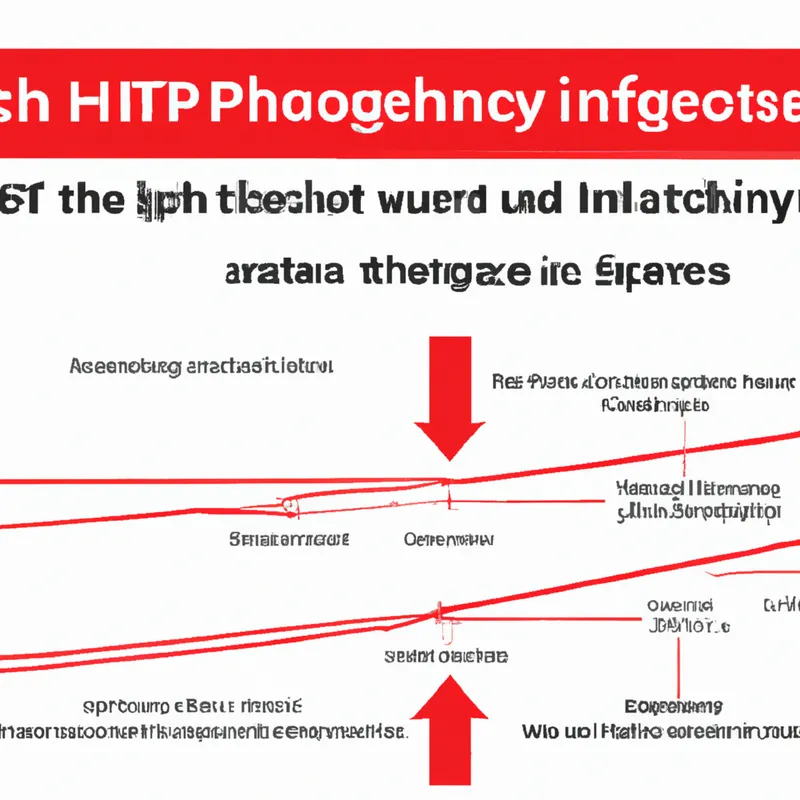Master EPOC to Maximize Post-Workout Burn
Understanding the EPOC Effect: Afterburn from HIIT
High-Intensity Interval Training (HIIT) has become popular for its efficiency in burning calories and improving fitness quickly. Many people find the EPOC effect fascinating but not fully understood. This blog post explains EPOC, its benefits, and how to maximize it in HIIT workouts.
What is EPOC?
EPOC stands for Excess Post-Exercise Oxygen Consumption. It measures the oxygen your body needs after exercise to return to its pre-exercise state. After an intense HIIT session, your body continues burning calories at a higher rate. This recovery phase can last hours or days, depending on workout intensity and duration.
During HIIT, your body undergoes significant changes. You increase your heart rate and challenge your muscles, depleting energy stores. After your workout, your body enters recovery mode to replenish energy, repair muscles, and regulate temperature. This increased oxygen consumption results in additional calorie burn, known as the “afterburn” effect.
How to Maximize EPOC with HIIT
To maximize the EPOC effect, consider these tips for structuring your HIIT workouts:
1. Increase Workout Intensity
Focus on intensity to boost EPOC. Target 80-90% of your maximum heart rate during intervals. Exercises like sprinting, jumping, or heavy lifting can help. Pushing harder during intervals leads to more post-workout calorie burn. Prioritize quality; shorter, intense workouts often yield better results.
2. Incorporate Longer Work Intervals
Extend your work intervals to enhance the EPOC effect. Instead of 20-second bursts, aim for 40 seconds or even a full minute. Longer intervals force your body to work harder and require more recovery, increasing afterburn.
3. Keep Rest Intervals Short
Short rest intervals can increase workout intensity. Aim for a work-to-rest ratio of 2:1 or 3:1. For example, work hard for 30 seconds and rest for only 10-15 seconds. This strategy maintains an elevated heart rate, promoting a higher EPOC effect and better cardiovascular fitness.
4. Use Compound Movements
Incorporate compound movements to engage multiple muscle groups simultaneously. This approach increases calorie burn and enhances EPOC, maximizing your workout efficiency.
Conclusion
Understanding and maximizing the EPOC effect enhances your HIIT workouts. Focus on intensity, longer intervals, short rests, and compound movements for optimal results.
Below are related products based on this post:
FAQ
What is the EPOC effect and why is it important?
EPOC stands for Excess Post-Exercise Oxygen Consumption, which measures the oxygen your body requires after exercise to return to its pre-exercise state. It is important because it indicates that your body continues to burn calories at an elevated rate post-workout, contributing to the “afterburn” effect that can aid in weight loss and improve fitness levels.
How can I increase the EPOC effect during my HIIT workouts?
To increase the EPOC effect, focus on workout intensity by targeting 80-90% of your maximum heart rate during intervals. Incorporate longer work intervals of 40 seconds to a minute, keep rest intervals short with a 2:1 or 3:1 work-to-rest ratio, and use compound movements to engage multiple muscle groups, which enhances calorie burn and overall workout efficiency.
How long does the EPOC effect last after a HIIT session?
The duration of the EPOC effect can vary depending on the intensity and duration of your workout. It can last anywhere from several hours to even days after an intense HIIT session, during which your body continues to burn calories as it recovers and replenishes energy stores.















Post Comment